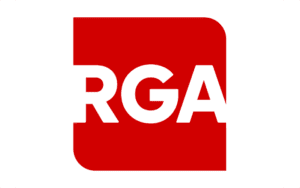Top reinsurance shy away from natural catastrophe risks

On reinsurers that chose to be cautious and defensive, the report said: “We saw a large reduction in natural catastrophe exposure in January 2022 for about half of 21 reinsurers after they reassessed their risk exposures in certain markets and geographies. We believe this is explained by uneven pricing adequacy across the globe, despite years of improved pricing. The average contraction was 20% for those reinsurers that opted to reduce absolute net exposure to a 1-in-250-year aggregate loss. To us, this suggests a clear, strategic de-risking.”
By contrast, reinsurers’ decision to increase their natural catastrophe risk exposure is pronounced relative to shareholders’ equity and indicates that the reduction in risk exposure has largely exceeded movements in shareholders’ equity for some reinsurers.
Considering these changes, the report estimates that the average capital at risk has increased across the top 21 reinsurers.
“On average, total shareholders’ equity exposed in January 2022 stood at 28%, compared with 27% one year before. Note: Earnings at risk is defined as a 1-in-10-year modelled annual aggregate net loss compared with normalized expected profits before taxes and net catastrophe claims. Capital at risk is defined as a 1-in-250-year modelled annual aggregate net loss against shareholders’ equity as reported,” S&P’s report said.
S&P expects underwriting margins to improve this year, adding resiliency to the sector. Increased pre-tax profit (including the catastrophe budget) for more reinsurers – based on their average share of market losses over the past five years – might provide some cushion against sizable insured industry losses.
Another report, released by AM Best, aired the same thoughts and claimed that many global reinsurance companies had shifted their business mix into casualty and specialty primary lines following increased losses from natural catastrophes and secondary perils, economic uncertainty, and the impacts of COVID-19.





